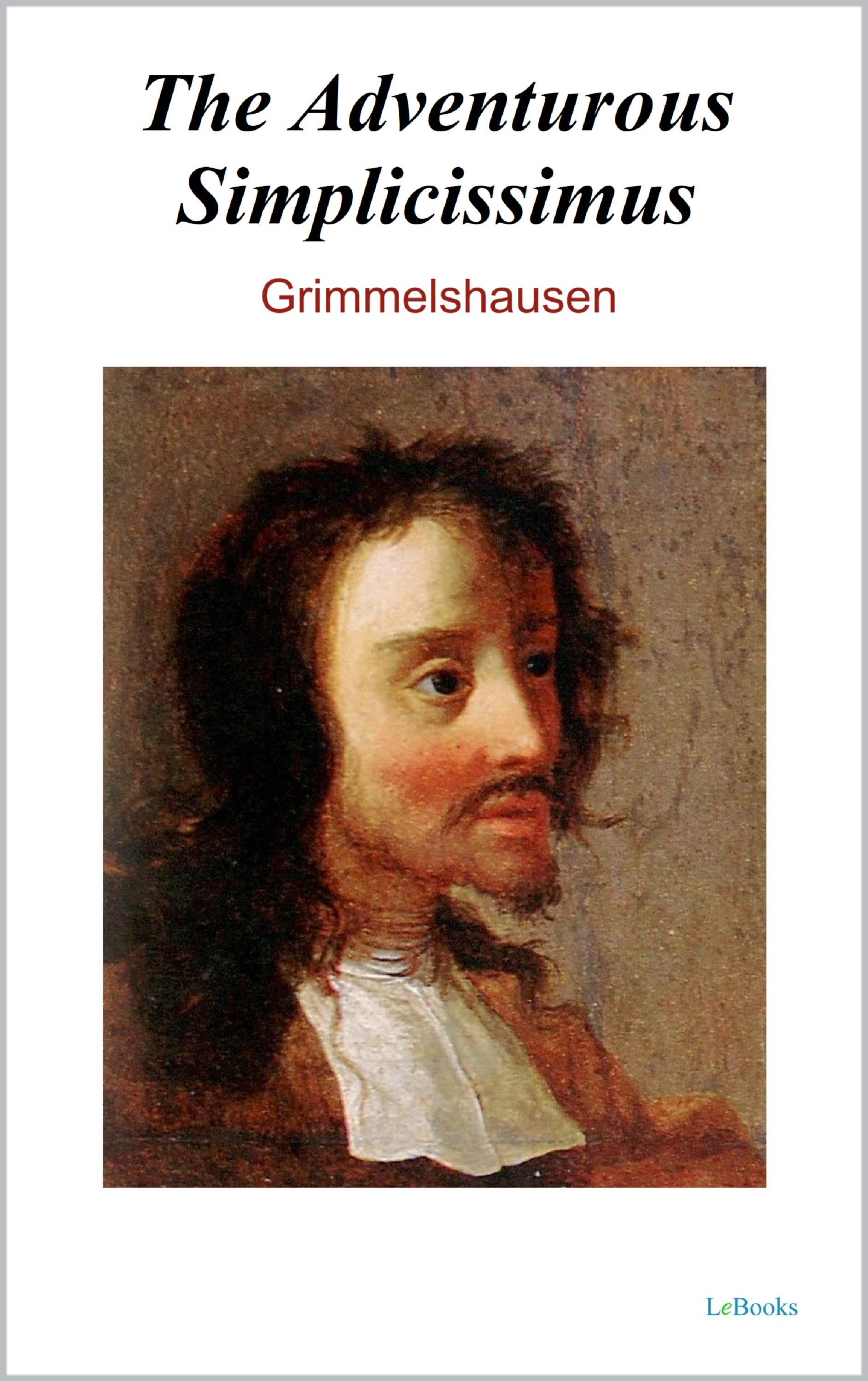
The Adventurous Simplicissimus is a cornerstone of German Baroque literature, written by Hans Jakob Christoffel von Grimmelshausen. Through the misadventures of its protagonist, Simplicius, the novel offers a social satire that portrays with irony and detail the devastation caused by the Thirty Years' War. With an approach that blends raw realism and fantastical elements, the author critiques the hypocrisy, corruption, and inequalities of his time while presenting profound reflections on human fragility and the search for meaning in a chaotic world.
Since its publication, The Adventurous Simplicissimus has been acclaimed as one of the first picaresque novels in the German language, with a narrative structure that combines episodes of grotesque humor with moments of philosophical introspection. Its rich language and ability to interweave fiction and historical reality have made it an influential work, inspiring numerous writers and scholars interested in Baroque literature.
The novel remains relevant for its incisive analysis of human experiences during times of crisis and conflict. By exploring themes such as survival, morality, and resilience, The Adventurous Simplicissimus offers a universal vision of the complexities of the human condition, resonating even in the context of contemporary challenges